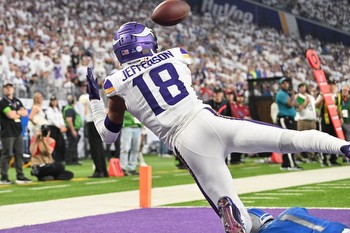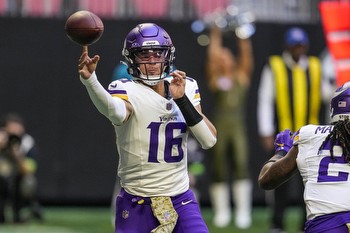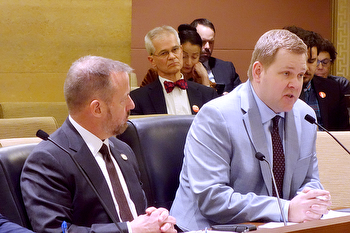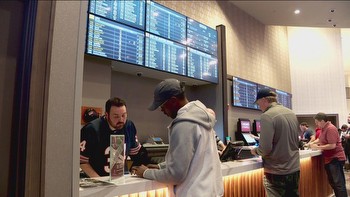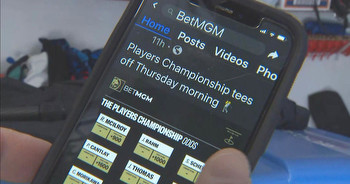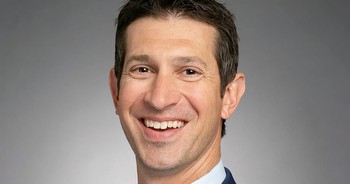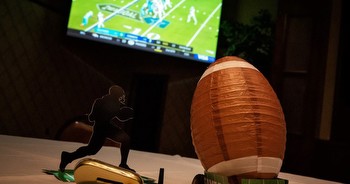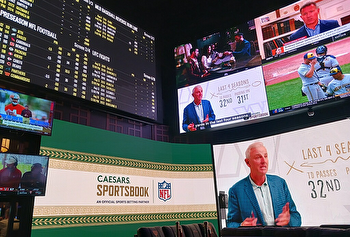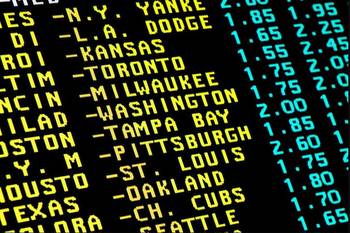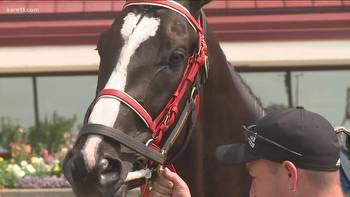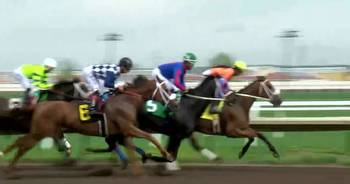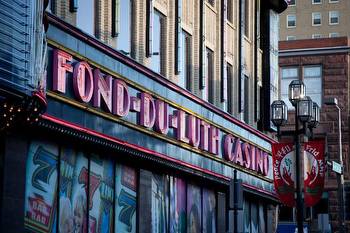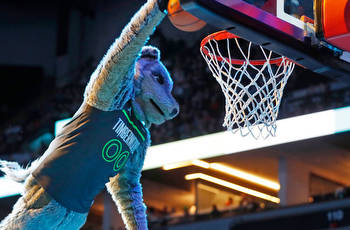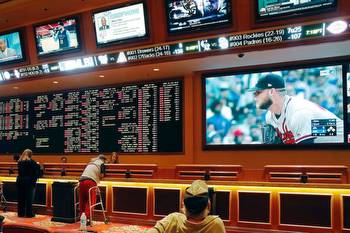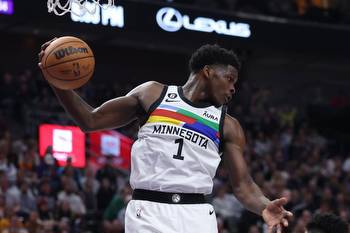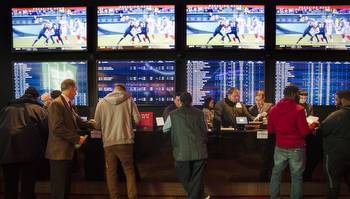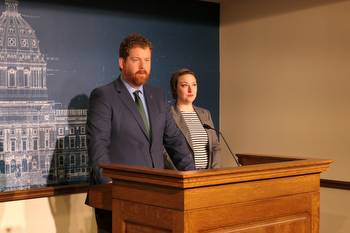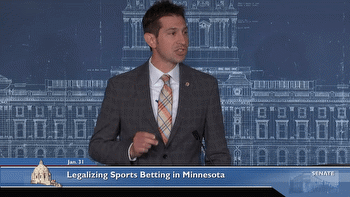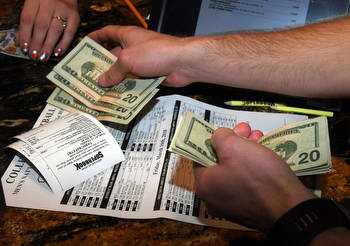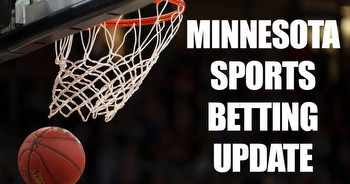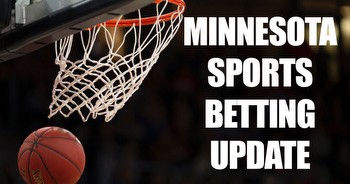Is this the year for legal sports betting in MN? Hurdles remain.
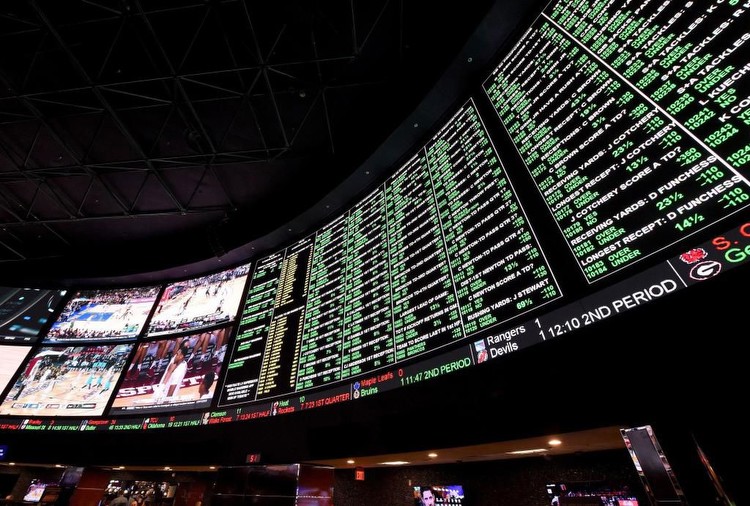
Hopes for legal sports betting in Minnesota may have peaked in late 2021, when House lawmakers introduced a bipartisan bill that appeared to have support from the state’s Indian tribes, which control casino gambling in the state.
But legalization efforts have stalled amid lawmaker disagreements over whether the state’s 11 sovereign tribes should have exclusive rights to run mobile and in-person sports betting.
In the meantime, 38 states, including all of Minnesota’s neighbors, have opened their own betting markets in some form since federal restrictions were lifted in 2018.
Will this year be any different for Minnesota? Perhaps, although an emerging debate over the potential harm that legal sports betting could inflict on residents stands as another hurdle.
In the last two sessions, Republican and Democrat-Farmer-Labor lawmakers have been unable to reach a compromise on which businesses should benefit from sports betting. With the narrowest of majorities in the 34-33 Senate, DFLers who want to get a bill done may need to win over members of the opposing party as a number of DFLers expressing reservations about problem gambling.
Casinos and tracks
The major snag in the past two years has concerned two metro-area horse racing tracks — Canterbury Park in Shakopee and Running Aces in Columbus. The track operators don’t want to cede to the tribes this new and substantial betting market.
Efforts to accommodate the tracks have derailed legalization in the Legislature. In the last two sessions, GOP lawmakers have introduced competing sports betting bills with cutouts for the race tracks, which the Minnesota Indian Gaming Association, or MIGA, opposed.
There now may be a compromise in sight. Late last legislative session, Sen. Matt Klein, DFL-Mendota Heights, tried to revive legal sports betting with a version of the bill that would support the race tracks while still respecting tribal exclusivity.
He suggested 30% of revenue from sports betting go to the race tracks, even as the tracks themselves would not be running the books. MIGA said at the time that it supported the bill.
The main Republican sports betting sponsor in the Legislature also appears to be moving toward a compromise that could address the concerns of all interested parties, from the tribes and tracks to another player at the table, charitable gambling.
Earlier this month, Sen. Jeremy Miller, R-Winona, introduced a new version of his sports betting bill that would allow the tribes to offer mobile and retail sports betting and give them the option to run sports betting on the premises of horse racing tracks and professional sports stadiums.
A 15% tax would provide charitable gaming tax relief for local charities, boost horse racing and provide problem gambling treatment resources, among other things.
Local charities have been seeking help from the state after lawmakers placed restrictions on electronic pull tabs used in charitable gambling because they too closely resemble slot machines. Tribes said it cut into their business and pushed for the restriction, but now some charities that relied on gambling proceeds say they’ve lost a vital income source.
Klein said he was encouraged by Miller’s bill and that it’s possible DFLers will work with Republicans to get legalization done this year.
“That bill that he introduced was not just trying to make a statement,” Klein said of Miller’s proposal. “He was actually trying to get something done with it, and I take that pretty seriously.”
Concerns over gambling harm
While Democrats generally back tribal exclusivity and Republicans have tried to include the tracks, it isn’t a strictly partisan issue. Some Republicans have gotten behind a sports betting bill that excludes the tracks, and lawmakers on both sides of the aisle have concerns about the hazards of legal sports betting.
The latter include Sen. John Marty, a Roseville DFLer who chairs the Senate Finance Committee. He says that while the conversation so far about legalizing sports betting in Minnesota has centered around who can profit, there must be more discussion about protecting the public from the negative effects of gambling — especially with Minnesota weighing its biggest gambling expansion in decades.
“Let adults do what they want to do,” he said. “But it’s when somebody steps in to profit off of that and profit off of somebody else’s misery — that’s when we have to have the guidelines in to protect the public and the state budget.”
Marty said he hopes to address concerns about gambling addiction in the bill before it makes it to the Senate floor. He said he plans to introduce amendments to Klein’s bill and still is drafting the language.
Klein said he’s willing to work with Marty and others who have concerns about legal sports betting.
“Some tweaks are forthcoming, likely, to get it across the finish line,” he said.

